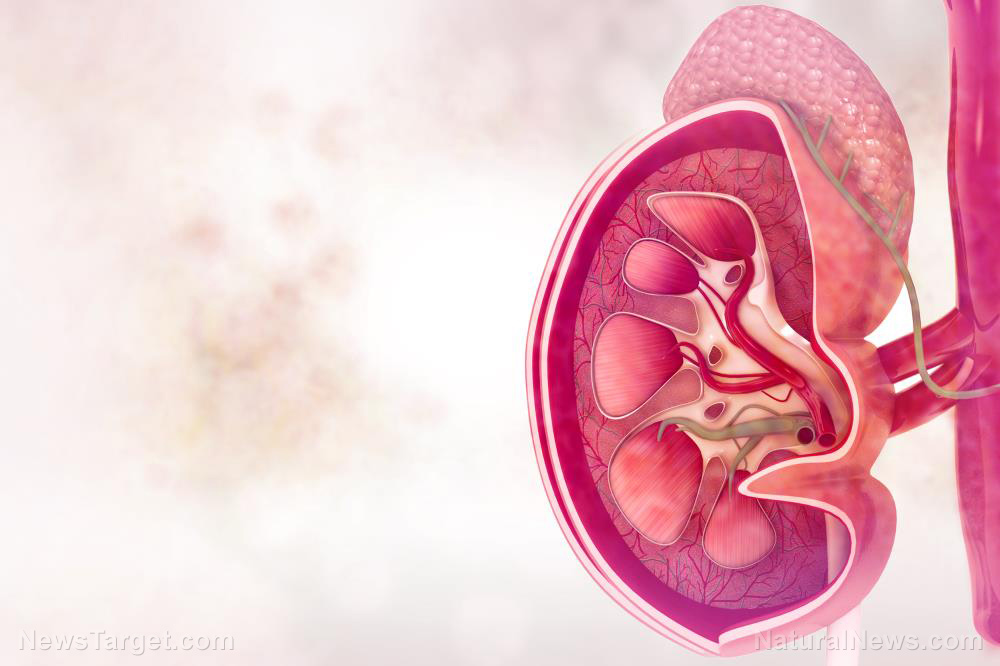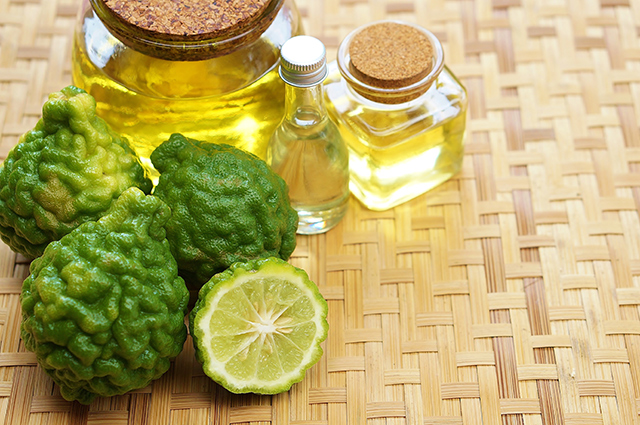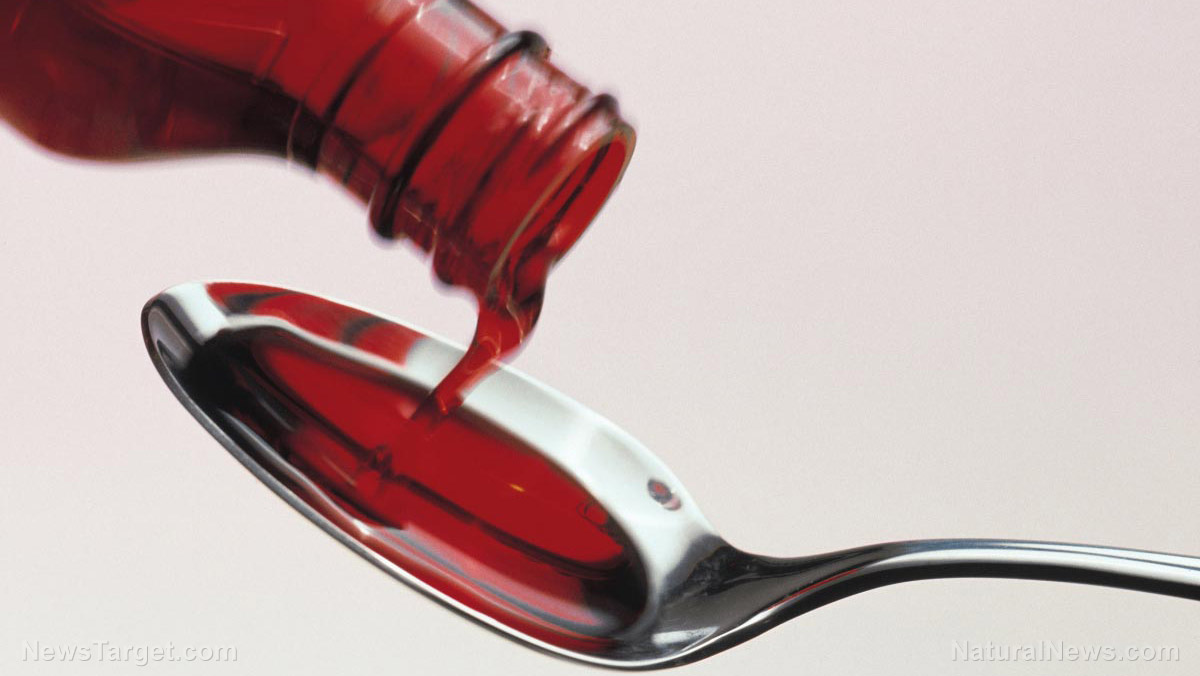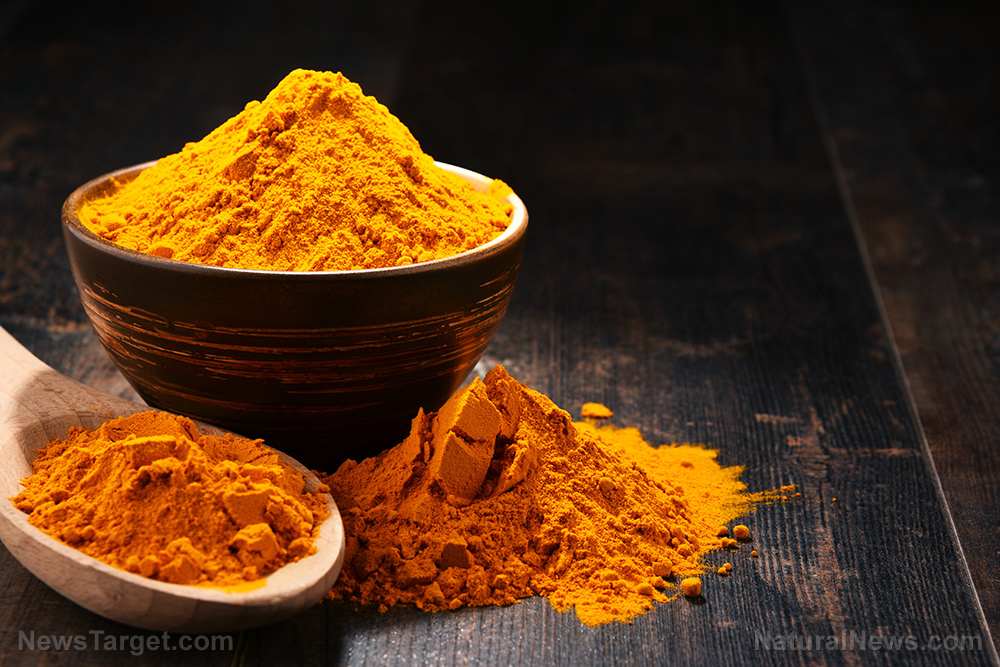Berberine is an alkaloid that plays an essential role in metabolic and cardiovascular health
12/15/2018 / By RJ Jhonson

If you are looking for effective traditional natural treatments, berberine could be a good start. This orange-yellow alkaloid has been used by both Native Americans and European colonists, as well as practitioners of traditional Chinese medicine, for its healing benefits on the digestive and cardiovascular systems.
Berberine is found in several plants around the world. In North America, its predominant source is Oregon grape (Mahonia aquifolium), while in China, it is derived from the Chinese goldthread (Coptis chinensis). Berberine can also be found in goldenseal (Hydrastis canadensis) and barberry (Berberis vulgaris).
People in North America used the alkaloid to prevent infections, ease digestive stress, and as a blood toner. In China, it is known for its bitter taste and cold nature, which made it an ideal treatment for heart, large intestine, liver, and stomach conditions.
Berberine for digestive health
Berberine has long been used as a treatment for problems in the digestive system. It has numerous effects, including the ability to reduce the adherence of bacteria to epithelial surfaces. It also tightens the junctions of the stomach, making it less permeable and less prone to leakage and damage.
Berberine improves gastrointestinal motility. There is evidence that in instances of hypofunction, berberine enhances the motility and contractility of the gastrointestinal system. The alkaloid also relaxes the system when it is excessively contracted. Some experts believe that this relaxing effect of berberine is linked to its antinociceptive property or the ability to proven the body from sensing pain.
Moreover, berberine increases the production butyrate in your gut. This short-chain fatty acid has anti-inflammatory properties that benefit the colon, preventing the onset of disorders while lowering the risk of both metabolic and neurological conditions.
There have been studies on the effects of berberine on gut bacteria. An interesting finding has to do with Akkermansia muciniphila, a Gram-negative bacteria that comprises about three to five percent of the entire gut microbiota population. Despite its relatively small number, it performs an important function in that it feeds on certain sugar, one of which is glucose.
As it happens, the bacteria has been observed in smaller-than-normal numbers in people who are obese or those who suffer from impaired glucose metabolism. Greater populations of the bacteria have been observed in athletes and people with low BMI. (Related: Nature’s healing gold – berberine.)
Berberine has been found in previous studies to increase the number of A. muciniphila in the gut. In mice, supplementation with the bacteria led to reductions in weight and improvements in glucose tolerance and insulin sensitivity. This way, not only does berberine help improve digestion and metabolism, but it also helps lower the risk of Type 2 diabetes.
Berberine for cardiovascular health
One of the factors people ignore about cardiovascular health is the condition of their blood vessels. Over time, the cells in the endothelium, the layer that coats the inside of blood vessels, deteriorate. This is one of the primary reasons behind hypertension, the worst risk factor of heart disease today. Endothelial dysfunction also leads to the untimely activation of white blood cells and platelets. These contribute to atherosclerosis, which then proceeds to a coronary heart disease.
Berberine activates adenosine monophosphate-activated protein kinase (AMPK), which enhances the uptake of glucose and in the process, lowers blood sugar levels and cholesterol production. Both high cholesterol and elevated blood sugar levels are linked to problems in the cardiovascular system.
Berberine reduces blood pressure and lowers the risk of stroke. Some studies have noted its calcium-blocking effect that relaxes the blood vessels and lowers blood pressure. It also inhibits the formation of abnormal clots by preventing the coagulation of platelets. These abnormal plots are the reason behind a stroke.
Learn about the health benefits of berberine at Phytonutrients.news.
Sources include:
Tagged Under: Akkermansia muciniphila, berberine, Chinese goldthread, Coptis chinensis, good digestion, heart health, Herbs, Mahonia aquifolium, natural cures, natural medicine, natural remedies, nutrients, Oregon grape, phytochemicals, phytonutrients, supplements



















